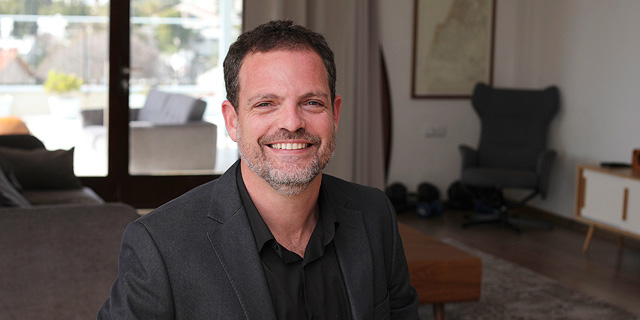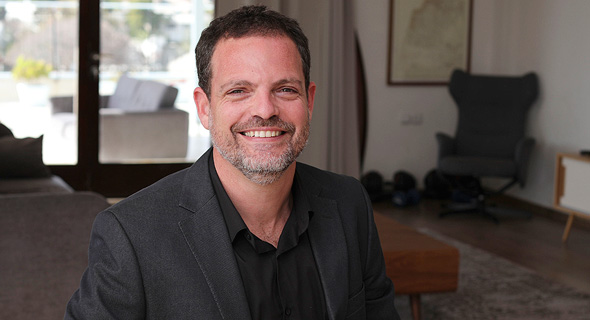
Interview
The tables have turned, investors are back on top, says Israeli tech angel
With early-stage startups reeling due to the Covid-19 crisis, Liron Rose says investors can afford to be more selective in their search for the next big thing
Just ask Liron Rose, an Israeli entrepreneur and tech investor whose latest company sold to Ironsource and was an early investor in web analytics powerhouse SimilarWeb and freelance online marketplace Fiverr, as well as the likes of security platform Armis and automotive cybersecurity company Argus.
"If the market exits the crisis in 2021 or 2022, this year may well end up turning out to have been one of the better years to invest," Rose told CTech. "I can say that my best investments came following a crisis. Often what determines the success of an investment is its timing. Entrepreneurs that go through a crisis and persist prove their character and sometimes investing in a difficult year ends up providing an opportunity that will not return when the market gets back to normal."
Rose, who operates as an angel investor and is also involved as an investor and advisor at venture capital fund Cerca Partners, explained that the coronavirus pandemic has swung the pendulum back in favor of the investors.
"I'm more selective during this time and I can afford to be more selective because there is a dearth of funds in the market, especially for early-stage companies," he said. "Many companies raised money in 2019 according to a certain valuation and had an easy time doing so. But the market has changed. I recently spoke to an entrepreneur who had previously raised just under one million dollars and now he's stuck and is willing to accept an investment at a lower valuation because he has his back against the wall having already spent all the funds from his previous round. So investors can afford to be selective and don't have to chase investments the way they did in 2019. Back then if you didn't react fast enough you would lose your chance. Now the balance has changed and it is more of a question of which investor will blink first."
Rose said SAFE, which stands for simple agreement for future equity, has become ever more prevalent due to the crisis. It is an agreement between an investor and a company that provides rights to the investor for future equity in the company. However, the specific price per share is not determined at the time of the initial investment, with the investor only receiving the futures shares when a funding round occurs. SAFE bypasses the need to evaluate the company, which is often the main stumbling block in regular funding rounds. One of the aspects that is determined though, is the discount the investors will receive when they eventually become shareholders, as well as a valuation cap.
"There are lots of SAFE deals as companies don't want to hold an investment round that will hurt their valuation. They need a SAFE as a short-term bridge and that allows investors to negotiate bigger discounts and get better value. There are certainly interesting investment opportunities right now," noted Rose. "I think this trend will only gather momentum in the remainder of the year as more and more startups get desperate. This will create big opportunities for angel investors and opportunistic VCs."
Rose is not afraid of taking risks, with many of his investments going to early-stage companies where it is often a case of all of nothing.
"In my personal investments as an angel, I usually join at an early stage and invest a relatively small sum. When you enter at such an early stage you have a bigger chance to hit the jackpot and multiply your money many times over, but you can also lose everything. I've been lucky enough to have invested in the right company several times like with SimilarWeb and Kensho, but on the other hand, I've also invested in companies that didn't succeed and shut down," he said. "During this period of time the level of risk has increased. We see that companies at the seed stage are having difficulty raising money. Angels are more hesitant because of the situation. Coronavirus has made some sectors more sexy. Anything that is brick and mortar and requires physical presence or has to do with travel is problematic, but online industries like e-commerce, remote learning and remote medicine are succeeding and will probably continue to do well because the world is never going back to the way it was in 2019. Covid-19 won't be around forever, but there has been such a big shift in our lives that things won't return to be exactly the way they were regardless."
